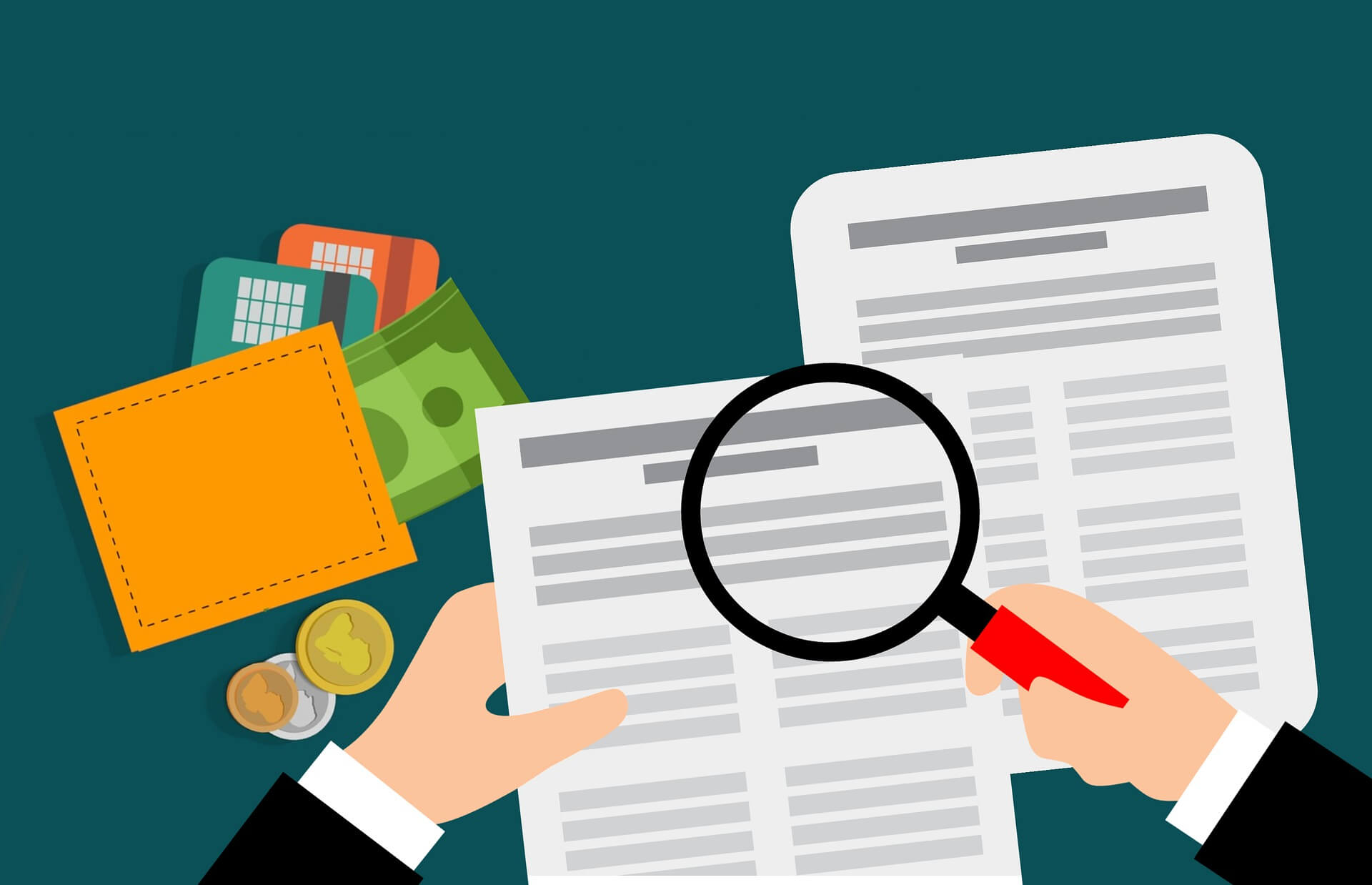Why Consumer Credit Report Services Are Essential for Unsecured Loan Providers

Unsecured loans have carved out a significant niche in the lending sector, offering critical financial support for various purposes, from managing tax debts to covering the cost of recreational activities like vacations or hunting guides.
For businesses offering these loans, it's a challenging balance between providing necessary funding to their customers while ensuring that they mitigate the inherent risks of unsecured lending. This is where consumer credit report services, like those offered by Soft Pull Solutions, become an essential tool in the lender's arsenal.
But why exactly is pulling consumer credit reports so important for companies offering unsecured loans? And how can these reports help lenders protect their interests while providing competitive loan products?
Unsecured Loans and B2B Credit Reporting
Before we delve into the heart of the matter, let's quickly go over how unsecured loans and B2B credit reporting go hand in hand, providing businesses with crucial insights for informed lending decisions.
In the finance world, unsecured loans offer flexibility to businesses in need of capital without requiring collateral. However, lenders still need a reliable way to assess borrowers' creditworthiness. Enter B2B credit reporting, which diligently gathers and analyzes data to provide a comprehensive view of a company's financial profile.
Credit reporting for businesses acts as a guardian, scrutinizing the financial health and payment behavior of a company. It compiles crucial information like credit history, payment patterns, and outstanding debts. This data guides lenders in assessing risk and making informed lending choices.
Imagine an unsecured lender armed with this wealth of knowledge, gaining deep insight into a borrower's financial background through B2B credit reporting. This understanding helps lenders evaluate the likelihood of timely repayments and minimize potential losses—an invaluable advantage in the lending industry.

The collaboration between unsecured loans and credit reporting for businesses goes beyond risk assessment. It cultivates trust and transparency. As responsible borrowers repay loans, lenders see the credibility and reliability of their actions. In turn, lenders are more inclined to offer favorable terms, fostering an environment of mutually beneficial financial partnerships.
The synergistic alliance of unsecured loans and B2B credit reporting empowers businesses to make informed lending decisions with confidence. It serves as a beacon of financial intelligence, enabling borrowers and lenders to mitigate risks and build trust. With this partnership, businesses can move forward, knowing that informed lending choices are within reach.
Let’s dive in a little deeper.
Credit Reporting for Businesses: The Need to Evaluate Creditworthiness
Assessing a potential borrower's creditworthiness is a non-negotiable task. With unsecured loans, the process becomes more intricate since no collateral or tangible assets are held against the loan. Here, credit reports are crucial in painting a comprehensive picture of a consumer's financial health and behavior.
A consumer credit report will also reveal any recent credit applications, which could signal that a consumer is on the verge of taking on more debt. It also shows significant red flags, such as bankruptcies, foreclosures, or any legal judgments against them.
A business offering unsecured loans cannot afford to overlook this wealth of information for several reasons:
#1 Understanding Borrower Behavior
The ability to predict how a borrower might behave in the future is a powerful tool for lenders and brokers, and consumer credit reports are instrumental in providing such insights. Lenders can forecast potential risks and make informed decisions by evaluating a borrower's past financial behaviors.
Are they likely to default on the loan? Will they make their payments on time, and in full? How much of a risk are they to the lender? All of these questions must be answered before extending an unsecured loan.
Borrowers exhibit a variety of behaviors with respect to their credit management. Then, these behaviors paint a picture of their attitudes toward financial responsibility. Consistency is key here, and credit reports are an ideal way of gauging a borrowers' consistency in managing their finances.
#2 Ability to Make Decisions Quickly
In the high-paced world of finance and lending, expediency isn't just desirable; it's absolutely essential. For businesses that offer unsecured loans, the capacity to make swift, informed decisions can make all the difference between robust profitability and falling behind in the competitive landscape. This is where using consumer credit report services becomes an invaluable tool, empowering these businesses with the insights needed to accelerate their decision-making process.
Pulling a credit report allows lenders to assess the potential risk associated with a borrower rapidly. The comprehensive data provided in these reports, which include key information on the borrower's credit history, outstanding debts, and repayment patterns, enable lenders to perform quick risk assessments.
This ultimately streamlines the process of a loan application evaluation, leading to faster loan approval times. What this means for lenders is a direct enhancement of operational efficiency and profitability, as they can process a greater volume of applications in a shorter time frame.

#3 Income-to-Debt Ratio
One of the key metrics that businesses glean from credit reports is a borrower's income-to-debt ratio. This crucial ratio gives lenders a clear perspective on a borrower's financial health and their ability to manage and repay new debt. In essence, it's a measurement that compares the amount of debt a borrower has to their overall income.
To calculate the debt-to-income ratio, one must divide the total monthly debt payments by the borrower's gross monthly income. This ratio is expressed as a percentage. A lower percentage indicates a better financial balance and suggests that the borrower may be less risky to lenders.
Credit reports provide an accurate and detailed overview of a borrower's existing debts. This could include car loans, mortgages, student loans, credit card debts, and more. With this data, businesses can easily calculate the debt-to-income ratio and better understand the borrower's financial obligations.
#4 Identity Verification
Lastly, credit reports also serve as an effective tool to verify the identity of borrowers, helping prevent fraudulent activities.
The stark reality for businesses, especially those in the financial sector, is the increasingly sophisticated landscape of fraud. This devastating crime is not only costing businesses billions of dollars annually, but it's also the fastest-growing crime in the U.S., affecting millions of consumers.
In this unstable environment, credit reports serve a dual role: they assess a borrower's creditworthiness and effectively verify the borrower's identity, providing an essential line of defense against fraudulent activities.
The value of thorough identity verification cannot be overstated. Accordingly, federal regulations, in an effort to stem the tide of fraud, corruption, and terrorism, have been progressively expanding verification requirements.

These laws now require all businesses, even those that haven't experienced an incident of fraud or terrorism, to rigorously verify identities and ascertain that they're not dealing with terrorists, money launderers, or politically exposed persons (PEPs).
As these regulatory expectations mount, consumer credit report services offer an efficient solution to meet these requirements. Specifically, credit reports can confirm the personal information a borrower provides, cross-referencing it with data from the major credit bureaus. This allows businesses to verify an individual's identity accurately and ensures that the person applying for credit is indeed who they claim to be.
Here at Soft Pull Solutions, we take identity verification a step further. With our OFAC (Office of Foreign Assets Control) service, we provide the most comprehensive financial fraud and anti-terrorism database search globally. This tool helps businesses meet the compliance requirements of numerous regulations, including the Bank Secrecy Act, USA Patriot Act, Customer Identification Program (CIP), Know Your Customer (KYC) guidelines, and more.
The Importance of Credit Report Services in the B2B Environment
Soft Pull Solutions provides B2B credit reporting, offering a scope of services that cater specifically to an organization's needs. Being a business-centric service, we don't provide credit reports to individuals for personal use. Instead, we focus on equipping firms with the necessary tools and information to make informed decisions about prospective borrowers.
Our suite of services includes soft pull reports, which give businesses a comprehensive view of a consumer's credit history without impacting their credit score. We also offer bank verification tools, I.D. verification services, and access to data that reveal bankruptcies, liens, and judgments, amongst other insights.
Our services provide businesses with the necessary information to evaluate a borrower's creditworthiness without affecting their credit score. This helps them identify potentially risky borrowers and restrict their exposure to losses in the event of defaults. It also allows for tailored loan products and terms that suit an individual's needs and circumstances, making it easier for potential borrowers to access financing.
If you're ready to maximize the potential of your unsecured loan business, take the first step towards confident lending decisions by partnering with Soft Pull Solutions–the industry leader in accurate credit reports.
Contact us today or submit a form through our website to explore how Soft Pull Solutions can revolutionize your lending operations.